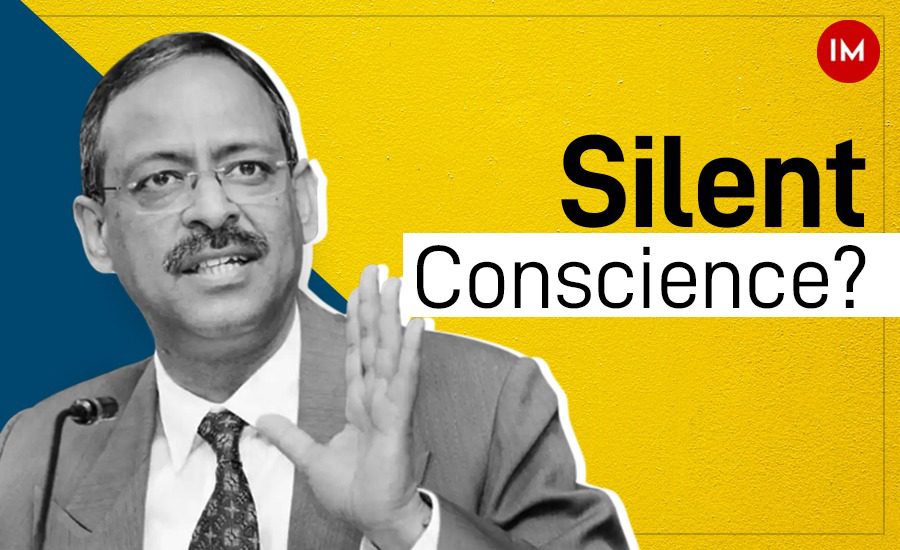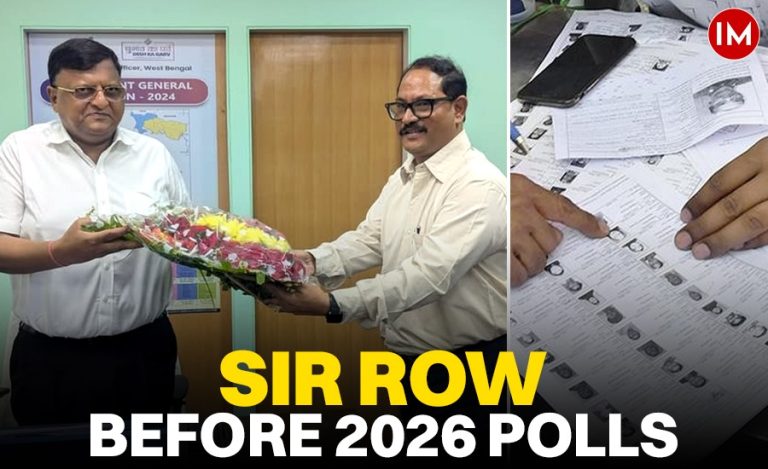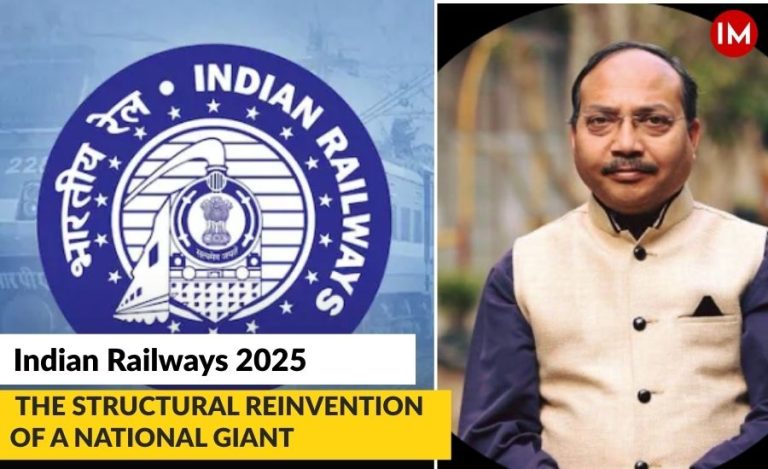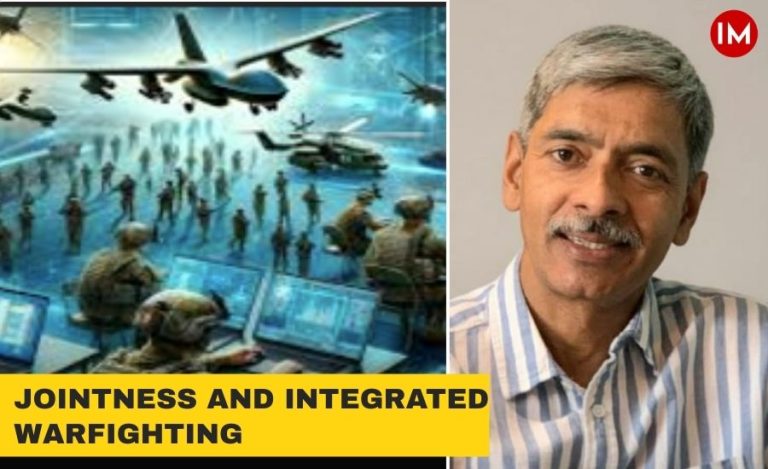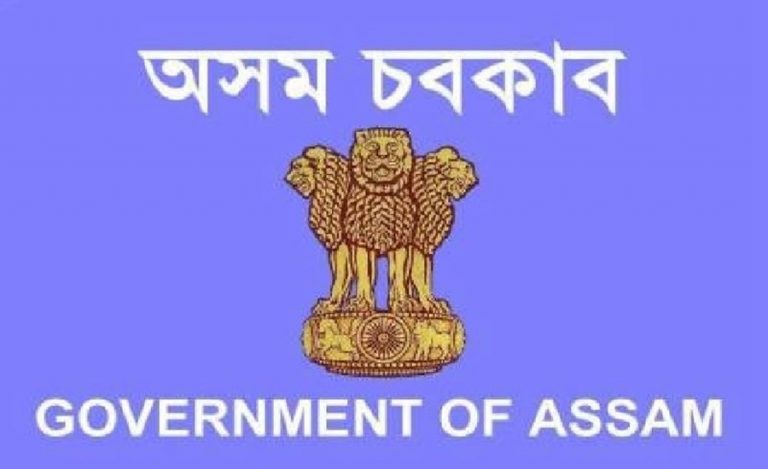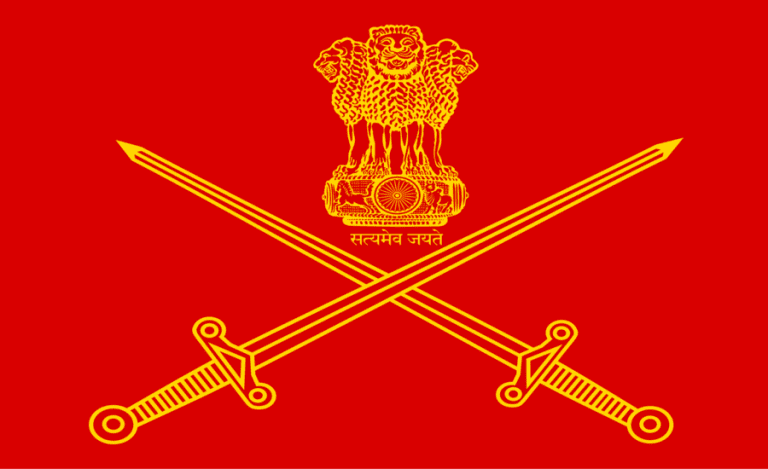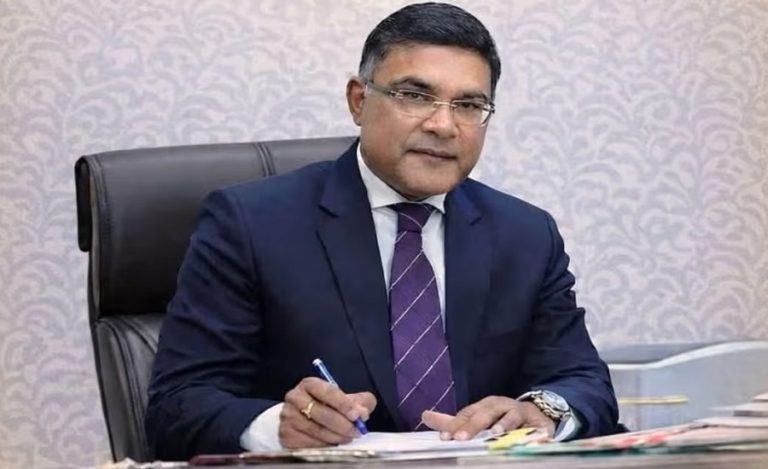I had recently conducted a survey wherein I had sought a vote on the following:
“There are some sections of the society, including TV channels, that are hell-bent on fomenting hatred. Is it time to start a campaign against ‘hate-mongers’?”
The answer had to be given in the affirmative or negative. There was an overwhelming response in the affirmative. As many as 93 % of the responses were in favour of carrying out such a campaign
During the following day, I conducted another survey and, on this occasion, the question was:
“Would you join a campaign against those that spread hatred in the society?”
The response to this too was also overwhelmingly in favour of joining but the percentage of those that agreed to join the campaign fell from 93 to 83. It would be difficult to ascertain how many will actually join such a campaign if it is launched, but one can safely say that the percentage will come down further. This is perhaps how a society responds to a perceived threat. Many would criticise a wrong action but not all would like to stick their necks out to stop a wrong. That probably is also the reasons that wrongs continue to be perpetrated despite the fact that the overwhelming majority is against it. People first refrain from speaking up and very few of those that speak, walk the talk.
CIVIL SERVANTS MORE RISK AVERSE
Civil servants are perhaps not as vulnerable as common men and women but more risk averse as they too prefer to turn a blind eye towards a wrong occurring right in front of their eyes. They would rather have someone else do the dirty work. An event described in my book, Ethical Dilemmas of a Civil Servant exemplifies the attitude of a large number of civil servants.
It was an august occasion. We were all assembled at Raj Path to witness the Republic Day Parade on the 26th of January. Everything appeared to be in order. There was a separate enclosure for the Secretaries to the Government of India and senior officers of the police force. On all such occasions, the protocol relating to the seating arrangement was strictly followed. Hence, I was surprised to find a police officer ripping off the name sheet from a seat in the front row to enable his boss to have a front-row vision of the parade. The torn label was disdainfully thrown on the ground. Not much later, this officer who would have certainly got an earmarked seat walked in with his small entourage of escort officers and parked himself on the seat.
I wasn’t sure whether this officer was aware that the concerned seat was earmarked for another officer and that it was, therefore, unbecoming of him to occupy the seat. I was concerned about whether I should take up the issue with this officer. Some of my colleagues sitting with me also felt that what was done by this police officer was incorrect. While they felt the way I did, either didn’t feel the necessity of taking up the issue or chose to be indifferent to an issue that did not directly relate to them. But I decided to take up the matter with him.
Walking up to the officer who had occupied the seat not allocated to him, I asked him, “Excuse me. Are you aware that this seat does not belong to you?” He looked at me and before he could respond I carried on, “One of your juniors has ripped off the name sheet perhaps to enable you to sit here”. Fortunately, the stripped sheet was still lying on the ground. The officer looked embarrassed. He initially didn’t know how to react. He didn’t know me personally or officially but by the fact that I was sitting in the enclosure meant for senior officers, he guessed that I was one of them. He apologised immediately, “I am sorry. I was not aware that this seat was meant for someone else”. Then he turned towards his subordinate who had tried to please him by doing what he shouldn’t have done and reprimanded him.
The officer promptly found the seat where he was supposed to sit. It was now the turn of his junior officer to feel embarrassed.
NON-COMMITTAL DEMEANOUR
As I was walking back to my seat, a couple of my colleagues (both of whom occupy prominent post-retirement positions in the government) complimented me for having taken up the issue and sorting it out. It left me wondering whether they shouldn’t have also joined me in confronting the officer. Did they choose not to intervene because they felt that there was a risk involved in it, or simply avoided the probable unpleasantness?
And civil servants are, undoubtedly, fundamentally, risk-averse. In their climb up the proverbial ladder and for getting lucrative post-retirement assignments, this non-committal demeanour was certainly a favourable factor. That’s probably the reason why they usually allow a wrong to be done right under their noses and wait for someone else to correct it instead of taking the initiative themselves.
Civil Service is a part of the society that does allow a wrong to be perpetrated because at best they occasionally raise their voice but when it comes to action, they play safe. But shouldn’t a civil servant who is not as vulnerable as a common man be different? If things have to be made to happen in the Government, the civil servant will have to be different. He has to take the initiative to stop the wrong, proactively. This does not require any expertise. It requires the right attitude.

